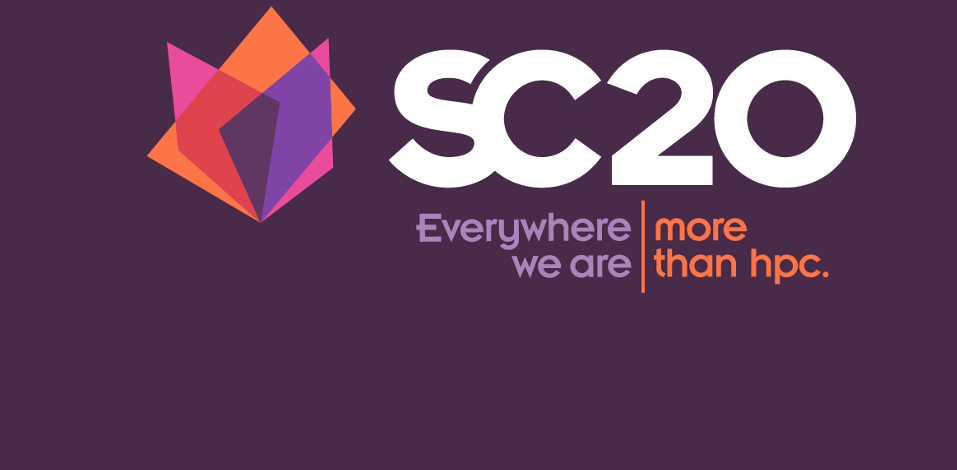
Breadth, Depth and Scientific Value of Computational Research in NE on Display at the MGHPCC booth at SC20 - Minecraft model for conference engagement built by eighth graders with guidance from Holyoke Codes
Holyoke, Massachusetts, Nov. 16, 2020 – The breadth, depth and value of computational research at New England colleges and universities will be on display during SC20, the largest conference in high performance computing (HPC). The theme of the virtual conference is “More Than HPC”.
The Massachusetts Green High Performance Computing Center (MGHPCC) will be highlighting examples of this research, and the collaborations that support it, in a series of SC20 Booth Talks from Nov. 17-19. A full schedule of the talks can be found here. The MGHPCC virtual booth will also include a Minecraft model that encompasses the MGHPCC and the campuses of its five member universities.
HPC-enabled research projects to be featured at the MGHPCC’s SC20 booth span a wide range of research topics, including real-time monitoring of road conditions and vehicle emissions, financial engineering and technology, air traffic management, biological dynamics and disease, brain science, black holes, the digital economy, disaster reporting, supercomputing performance, scientific computing and visualization research, and protein folding.
The MGHPCC will also highlight collaborative projects designed to advance the state of the art in research computing. These include the Northeast Cyberteam, Mass Open Cloud, Open Storage Network, Northeast Storage Exchange, Open Cloud Testbed, FABRIC national research infrastructure, Expanding Computing Education Pathways Alliance, Eastern Research Network, and Commonwealth Computational Cloud for Data Driven Biology (C3DDB).
Campuses represented in the virtual booth will include the University of Massachusetts Amherst, MIT, Northeastern University, Harvard University, the University of Massachusetts Dartmouth, the University of Vermont and the University of Maine.
“COVID-19 and the race for a vaccine remind us that our future will increasingly rely on science and that science will increasingly rely on high performance computing,” said John Goodhue, executive director of the MGHPCC “SC20 provides a glimpse into that future.”
The Minecraft model that is part of the MGHPCC virtual booth will include the data center, the universities in the MGHPCC consortium and kiosks featuring computationally intensive research projects at the different campuses. Attendees will be able to win fun prizes by participating in a scavenger hunt for QR Codes. The university Minecraft models were built by college students, and the MGHPCC model was developed by eighth-graders with guidance from a Holyoke Codes instructor and a student at the University of Vermont. Access to the MGHPCC Minecraft world can be found here.
“SC20 is about advancing science through inspiration, connection and information-sharing,” said Julie Ma, program manager of the MGCPCC and Northeast Cyberteam. “In a COVID-19 world where often-isolating virtual engagement has become the norm, we hope to improve the experience by adding some fun.”
About the Massachusetts Green High Performance Computing CenterThe Massachusetts Green High Performance Computing Center (MGHPCC) provides state-of-the-art infrastructure for computationally intensive research that is indispensable in the increasingly sensor and data-rich environments of modern science and engineering. Computers at the MGHPCC run millions of virtual experiments every month, supporting thousands of researchers in Massachusetts and around the world. The MGHPCC was developed through an unprecedented collaboration among the most research-intensive universities in Massachusetts (Boston University, Harvard University, the Massachusetts Institute of Technology, Northeastern University and the University of Massachusetts); the Commonwealth of Massachusetts; and private industry (Cisco and Dell EMC). The member universities fund the ongoing operation of the data center, which is open for use by any research organization.
###
Media Contact:
Jennifer Rosenberg
781-854-2997